XS Noize has had the privilege of covering benefit gigs that showcase artists in a mesmerising new light, raise awareness for important causes, and provide vital fundraising.
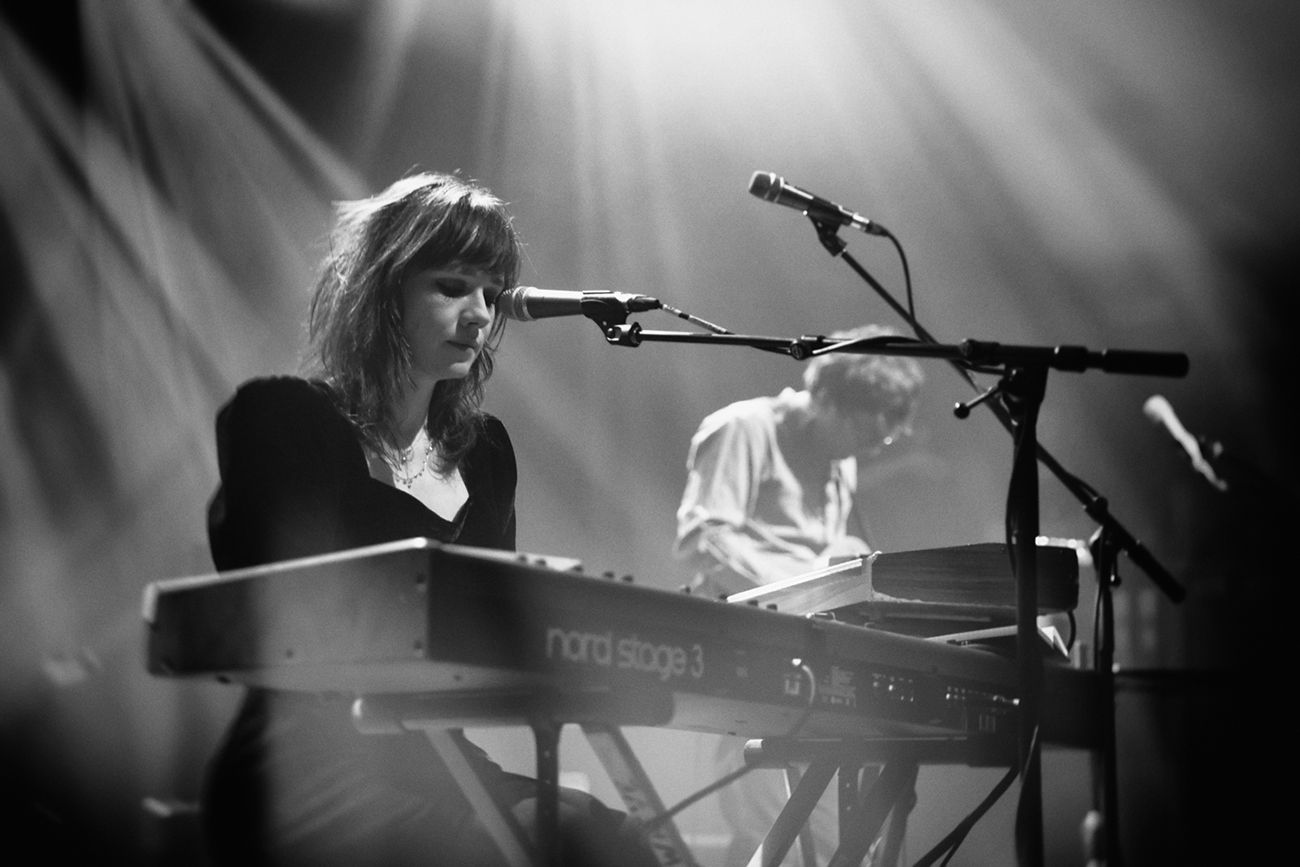
One often overlooked aspect of benefit gigs is their ability to spark new creative collaborations. A perfect example is Graham Coxon and Rose Elinor Dougall, who first connected at the Live for Beirut 2.0 benefit show at the Jazz Café in December 2020. That meeting led to the formation of The WAEVE, a band that fuses cinematic British folk-rock, post-punk, organic songwriting, and freeform jamming into something utterly unique.
At KOKO, they opened with the title track of their new EP, Love is All Pain, released appropriately on Valentine’s Day. Stripped of sentimentality yet brimming with intensity, the track saw Coxon and Dougall duet over deep, pulsing basslines that escalated into frenzied chord progressions, raw angst, and distressed saxophone flourishes. The five-piece live ensemble created a charged atmosphere, filling the venue with a palpable, anxious energy.
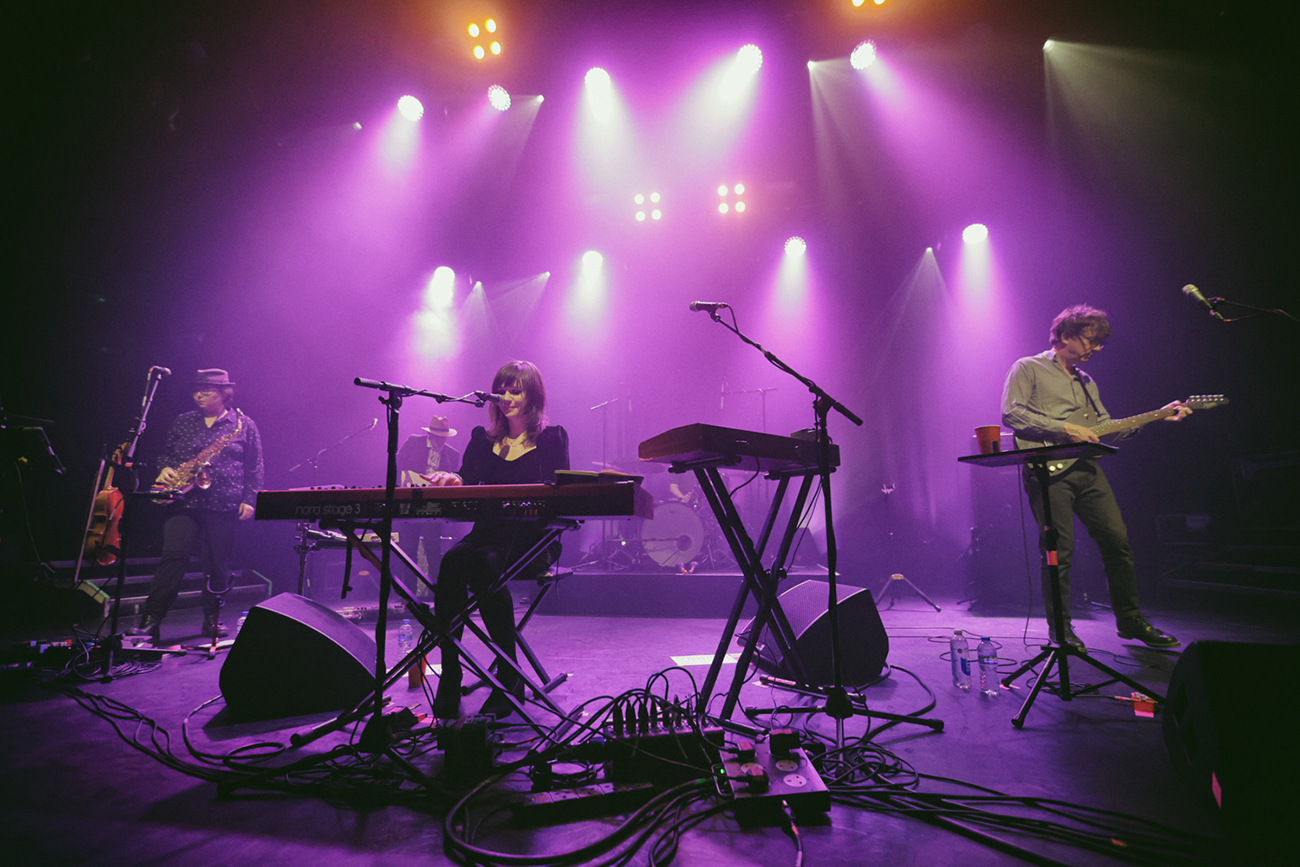
Next came Broken Boys, which amplified the tension further. Its intro echoed the rough, cacophonous guitar work reminiscent of Blur’s 13, before unfurling into the kinetic energy of Coxon’s solo hit What’ll It Take. The jagged, discordant guitars reached their apex on City Lights, a track that perfectly embodied The WAEVE’s experimental edge.
The set then shifted into more atmospheric territory. Violin, saxophone, and subtle synths intertwined to create a tranquil aura before unexpectedly spiralling into a psychedelic soundscape. You Saw was brought to life with Coxon and Dougall sharing a brief dance, highlighting their chemistry as they layered an intricate web of instrumentation. This led seamlessly into Over and Over, perhaps the purest love song of the night, with mature, heartfelt lyrics: “It’s enough that you’re here in the universe. It’s a miracle that you’re there.”
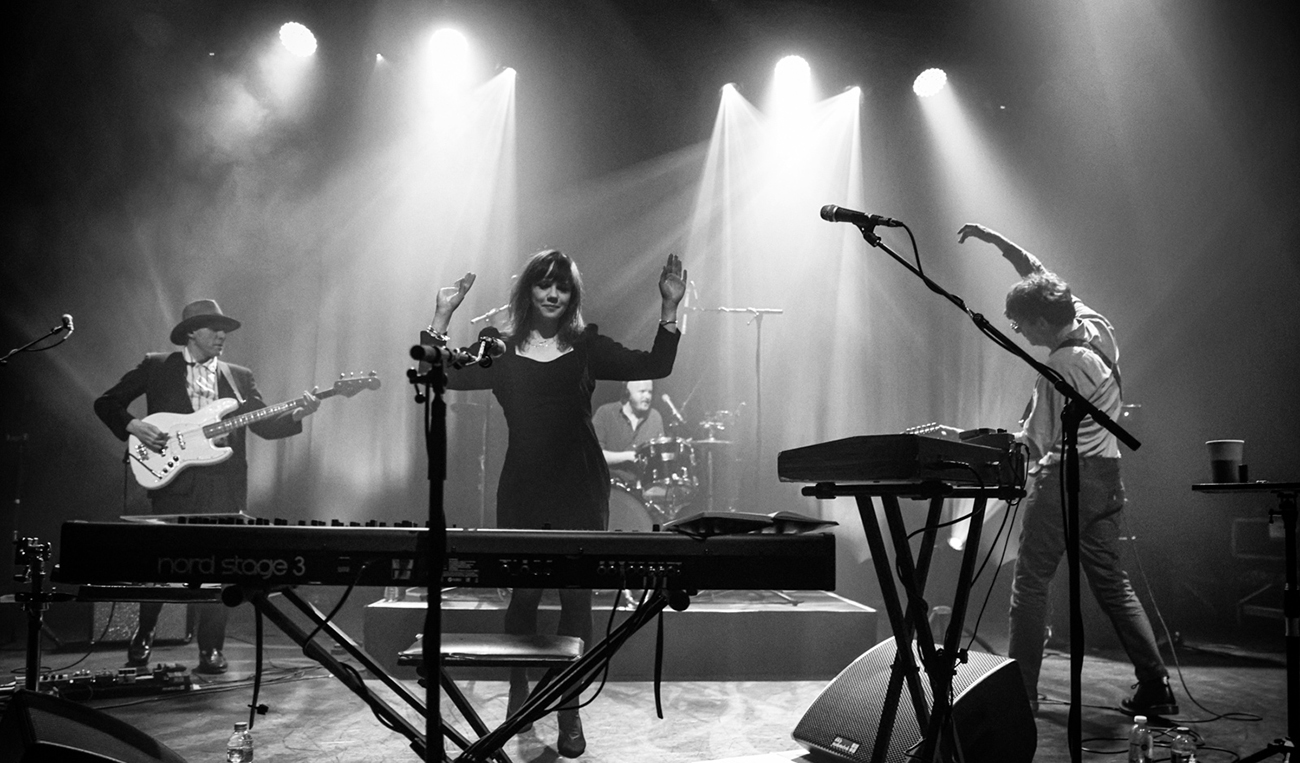
British folk influences—key inspirations for The WAEVE, who have cited Sandy Denny and Fairport Convention—came to the forefront next. The delicate Song for Eliza May, written for their daughter, stood out for Dougall’s deeply personal and honest portrayal of motherhood. Sleepwalking, in contrast, built a haunting, mournful soundscape, evoking the eerie tension of a live-action Brothers Grimm tale. Yet, instead of plunging into darkness, the track veered into an unexpected turn as saxophone and synths took the reins, guiding the song toward an atmospheric resolution.
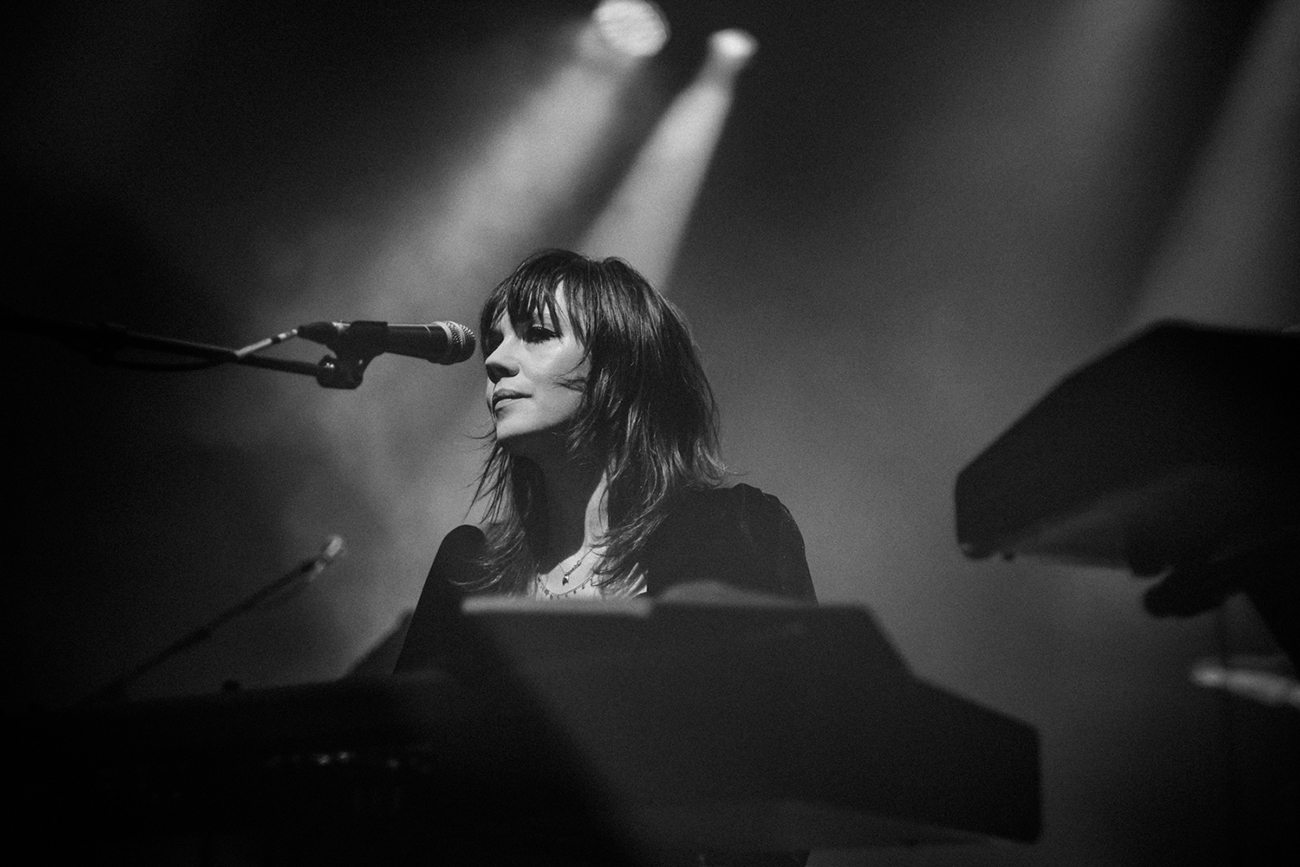
Over the course of fifteen songs—many extended into sprawling, immersive versions—The WAEVE delivered an enthralling performance that spanned the full spectrum of human emotion. Coxon and Dougall combined the enthusiasm and hunger of artists at the start of their careers with the wisdom and technical mastery honed over decades. Every moment, from the music to the encore, bristled unpredictably, like a story unfolding in real-time. And with a band as fearless as The WAEVE, one thing is sure—plenty more surprises will come.
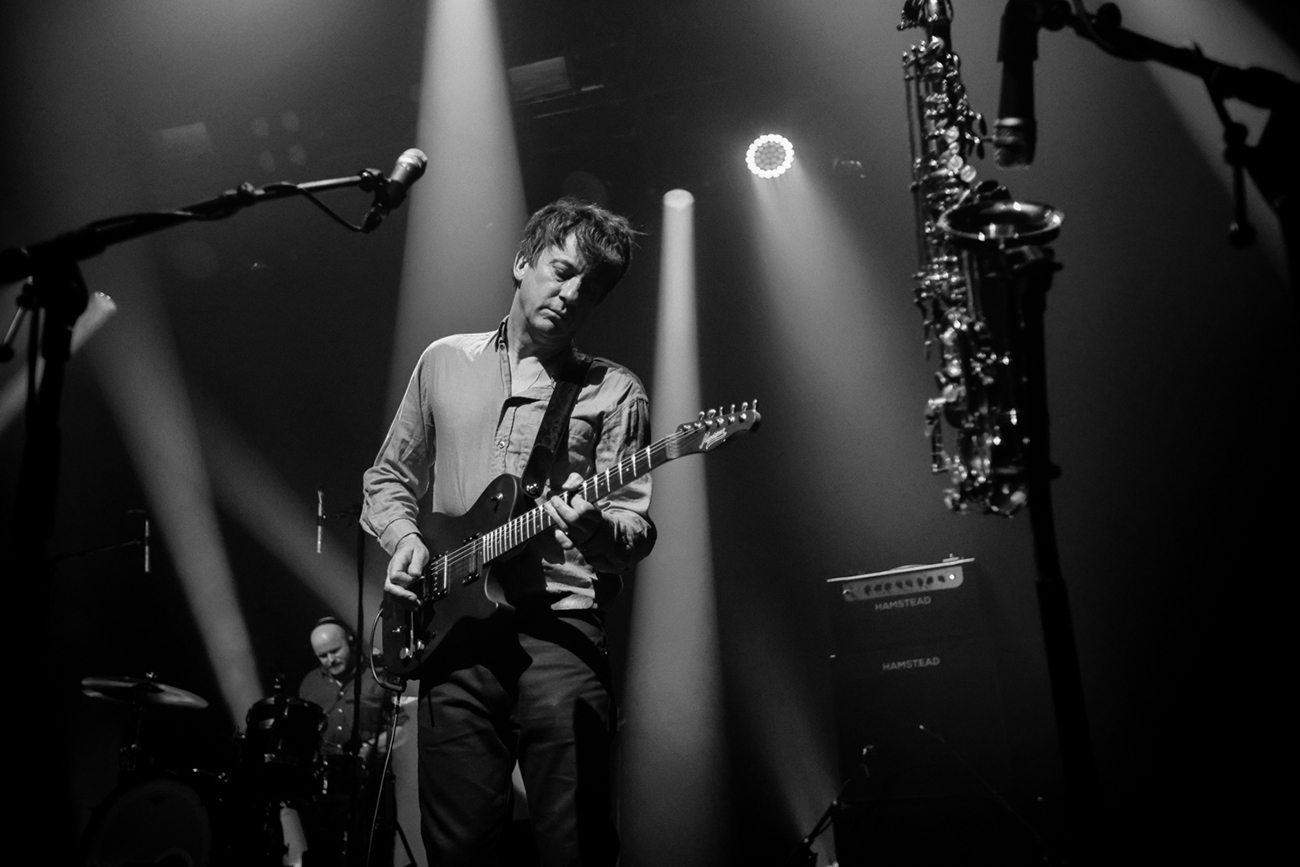
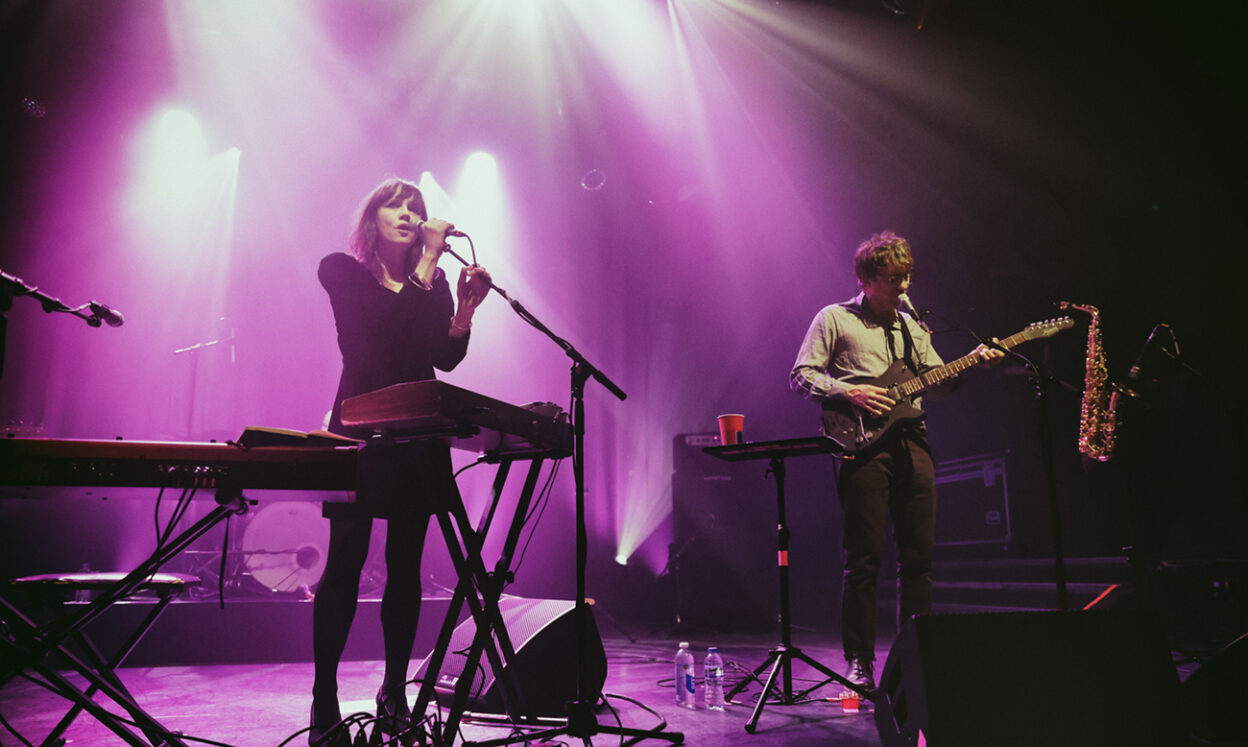

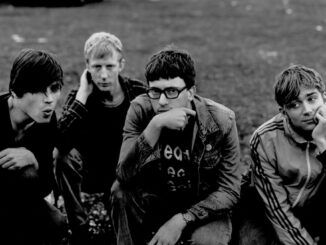
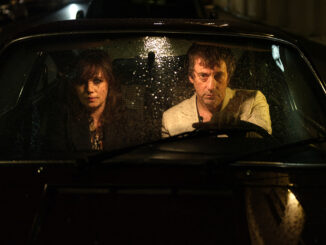
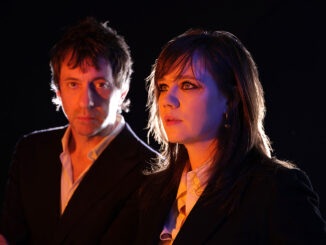
Be the first to comment